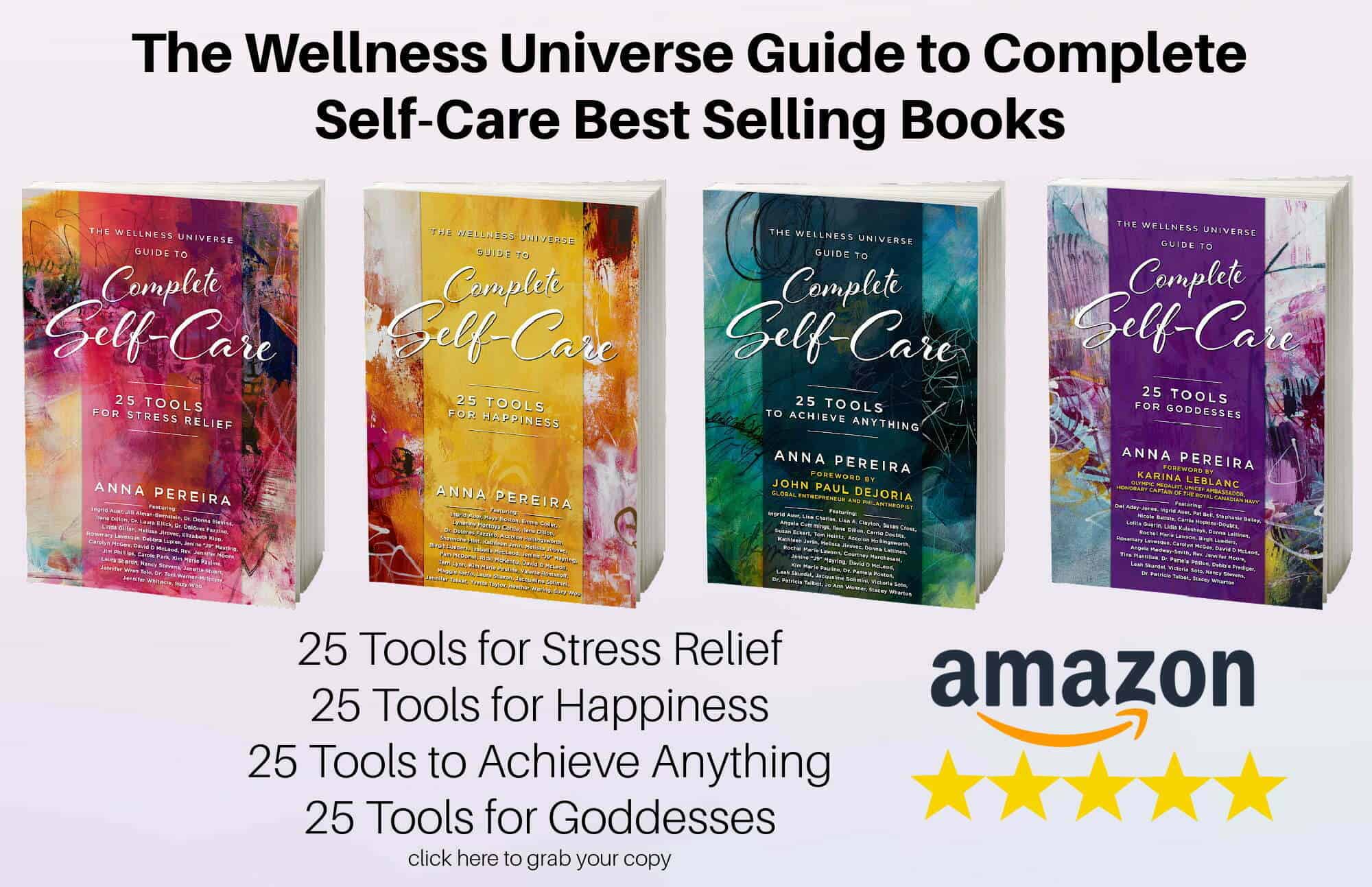Freedom from emotional stress eating is a decisive goal to optimize your health.
Our stress reaction can often lead to unhealthy coping mechanisms like stress eating. This behavior not only affects our physical health but also affects our mental well-being. You’re not alone if you reach for snacks in times of stress. The good news is that there are effective strategies to break free from stress eating and build healthier habits. In this blog, we’ll explore practical ways to stop stress eating and cultivate lasting changes.
What is Stress Eating?
Emotional eating is when we eat for a reason other than to nourish the body. When we turn to food to cope with our emotions or memories, we are using food in an unhealthy way.
Eating when stressed is not a healthy strategy for coping because we do not digest well, if at all when our nervous system is activated like this – in sympathetic. We rest and digest when the nervous system is in parasympathetic mode. So, we need to learn healthy coping and self-soothing strategies that align with how our physiology is already set up.
Certain foods, like those with carbohydrates, stimulate the release of the feel-good hormone serotonin, so we get positive feedback when we eat such food. While it may feel good, it is not healthy for us. In the long term, eating these foods can add to our stress levels and shift us into fatigue and depression.
Stress switches off your digestive tract so it cannot break down food. During a stress response:
- Your mouth gets dry. A dry mouth makes these enzymes unavailable since saliva contains enzymes essential to digestion.
- Digestion stops.
- Stress hormone levels rise.
- Inflammation increases.
- Immune function is compromised.
Stress hormones activate the fight-flight-freeze-fawn response and direct resources to the body where needed, not including the digestive tract.
Mindful Eating
One strategy to overcome stress eating is to adopt a mindful approach to eating. When we eat mindfully, we pay full attention to the sensory experience of eating without judgment. Notice the flavors, textures, and aromas of your food. As you stay present, you can develop a greater awareness of your hunger and fullness cues, making it easier to differentiate between physical hunger and emotional cravings. By fostering mindfulness during meals, you can break the automatic, often emotional, connection between stress and eating.
Keep a Food Journal
Keeping a food journal is like creating a roadmap of your eating habits. It allows you to track what you eat and the circumstances surrounding your eating. Track what you eat, when you eat, and your emotional state. Include any notable events that happened during the day. Over time, patterns may emerge, helping you identify triggers for stress eating. You can develop targeted strategies to address the root causes with this knowledge.
Establish Healthy Routines
Creating consistent daily routines can reduce stress and help prevent impulsive eating. Healthy routines provide structure and predictability, which can be especially comforting during stressful times. Set regular mealtimes, prioritize sleep, and incorporate physical activity into your schedule. A well-balanced routine can provide stability, making it easier to manage stress without resorting to unhealthy eating habits. When your routine becomes a foundation for a balanced lifestyle, it becomes easier to resist impulsive and emotionally driven eating.
Identify Emotional Triggers
Emotional triggers are often the driving force behind stress eating. Taking the time to identify these triggers is a crucial step in breaking the cycle. Bring your ability for self-reflection and a willingness to confront uncomfortable emotions. Be patient and compassionate with yourself in this process. Reflect on the emotions that precede your desire to eat when not hungry. Are you feeling anxious, bored, lonely, or sad? Understanding these emotional triggers is a crucial step toward breaking the cycle of stress eating. Once you recognize the emotions that lead to stress eating, you can explore healthier ways to cope with them, gradually reducing the reliance on food as a source of comfort. Try talking to a friend, practicing deep breathing exercises, or spending time with a favorite hobby.
Practice Stress-Reducing Techniques
Stress reduction is a fundamental aspect of overcoming stress eating and returning your eating behavior to balance. Incorporating stress-reducing techniques into your daily routine can significantly impact your ability to manage stress without turning to food. Techniques such as deep breathing, mindfulness meditation, yoga, and progressive muscle relaxation activate the body’s relaxation response and help calm the mind and reduce overall stress levels. Experiment with different methods to find what works best for you and make them a regular part of your self-care routine.
Choose Nutrient-Dense Foods
When stress hits, the temptation to reach for sugary or high-fat comfort foods can be strong. However, these choices often provide only temporary relief and can contribute to a cycle of overeating. Choose nutrient-dense foods that nourish your body and provide sustained energy. Include a variety of fruits, vegetables, whole grains, and lean proteins in your meals to support overall well-being. This not only aids in breaking the cycle of stress eating but also contributes to your long-term physical well-being.
Plan Healthy Snacks
Planning healthy snacks ensures you have nutritious options readily available when hunger strikes between meals. Having pre-prepared snacks like cut-up vegetables or a small portion of nuts on hand makes you less likely to resort to less healthy choices. This proactive approach empowers you to make mindful decisions about your eating, even in moments of stress.
Stay Hydrated
The connection between dehydration and feelings of hunger is a common oversight. Dehydration can sometimes be mistaken for hunger, leading to unnecessary snacking. Make it a habit to stay well-hydrated throughout the day by drinking water regularly. If you reach for a snack, try having a glass of water first and assess whether your body is truly hungry or just a dehydration response.
Cultivate Self-Compassion
Stress eating often brings along feelings of guilt and shame. To break this cycle, focus on cultivating self-compassion. Recognize that everyone faces challenges and copes differently. Instead of being critical, treat yourself with kindness and understanding. Approach your struggles with the same empathy you would extend to a friend. Embracing self-compassion helps alleviate negative emotions linked to stress eating, fostering a more positive approach to self-care.
Build a Support System
Building a support system is instrumental in overcoming stress eating. Share your journey with friends, family, or join a support group. Having a network of individuals who understand and empathize with your challenges can provide encouragement and accountability. Consider involving a trusted friend in your efforts to adopt healthier eating habits or exploring professional support from a counselor or nutritionist. A robust support system reinforces your commitment to change and offers valuable resources for navigating obstacles.
Explore Mind-Body Practices
Incorporating mind-body practices offers a holistic approach to healing from stress eating. Activities such as yoga, tai chi, qigong, or body scan meditations enhance the mind-body connection, deepening your understanding of your body’s signals and responses. Also, biofeedback or heart-rate variability training aids in regulating stress responses. By integrating these mind-body practices into your routine, you can develop resilience to stress and improve your capacity to manage emotions without turning to stress eating.
Breaking free from stress eating is a journey that requires self-awareness, patience, and a commitment to making positive change. By incorporating mindful eating, keeping a food journal, establishing healthy routines, identifying emotional triggers, practicing stress-reducing techniques, choosing nutrient-dense foods, planning healthy snacks, staying hydrated, cultivating self-compassion, a nurturing and effective support system, and targeted mind-body practices, you can build a healthier relationship with food. Remember, seeking support from professionals, friends, or family is okay as you embark on this journey toward a more balanced and fulfilling life. And find freedom from emotional stress eating.
Connect with Elizabeth on The Wellness Universe.
All information, content, and material are for informational purposes only and are not intended to serve as a substitute for the consultation, diagnosis, and/or medical treatment of a qualified physician or healthcare provider. The information supplied through or on this page, or by any representative or agent of The Wellness Universe, is for informational purposes only and does not constitute medical, legal, or other professional advice. Health-related information provided through this website is not a substitute for medical advice and should not be used to diagnose or treat health problems or to prescribe any medical devices or other remedies. The Wellness Universe reserves the right to remove, edit, move, or close any content item for any reason, including, but not limited to, comments that are in violation of the laws and regulations formed pursuant to the Federal Food, Drug, and Cosmetic Act. None of the posts and articles on The Wellness Universe page may be reprinted without express written permission.
The Wellness Universe welcomes Theresa Micheletti, Spiritual Life Coach, in partnership with Wellness for All programming for her 12-session course, Peace of Mind Meditations
Catch the recorded session(s) and be sure to join the next LIVE class!
Register today

see how our self-care books are helping thousands of people around the world. Digital and paperback books are available now.
Connect to the people that help you live your best life: The Wellness Universe
Elizabeth is a Health Facilitator, Empowerment Coach, EFT/Tapping and Ancestral Clearing Practitioner, and Kundalini Yoga Teacher, helping people to step into the power of their own healing. She has turned her attention as a patient advocate and health facilitator in service to the alarmingly high population of people who suffer from stress, chronic pain, and the quest for a life free from suffering.





What Is ProDentim? ProDentim is a teeth health supplement developed to repopulate the mouth with good bacteria and improve overall dental health.
Hey there just wanted to give you a quick heads up. The text in your article seem to be running off the screen in Firefox. I’m not sure if this is a formatting issue or something to do with internet browser compatibility but I thought I’d post to let you know. The design and style look great though! Hope you get the problem fixed soon. Thanks
What’s Taking place i am new to this, I stumbled upon this I’ve discovered It positively useful and it has aided me out loads. I am hoping to contribute & aid different users like its helped me. Great job.
What Is Exactly Emperor’s Vigor Tonic? Emperor’s Vigor Tonic is a clinically researched natural male health formula that contains a proprietary blend of carefully selected ingredients.
What is Aizen Power? Aizen Power is an all-natural supplement to improve overall male health.
What is Java Burn? Java Burn is a unique and innovative product that enhances your morning coffee routine.
Well I truly enjoyed reading it. This post offered by you is very effective for accurate planning.
I have recently started a site, the information you offer on this web site has helped me greatly. Thank you for all of your time & work. “Money is power, freedom, a cushion, the root of al evil, the sum of all blessings.” by Carl Sandburg.